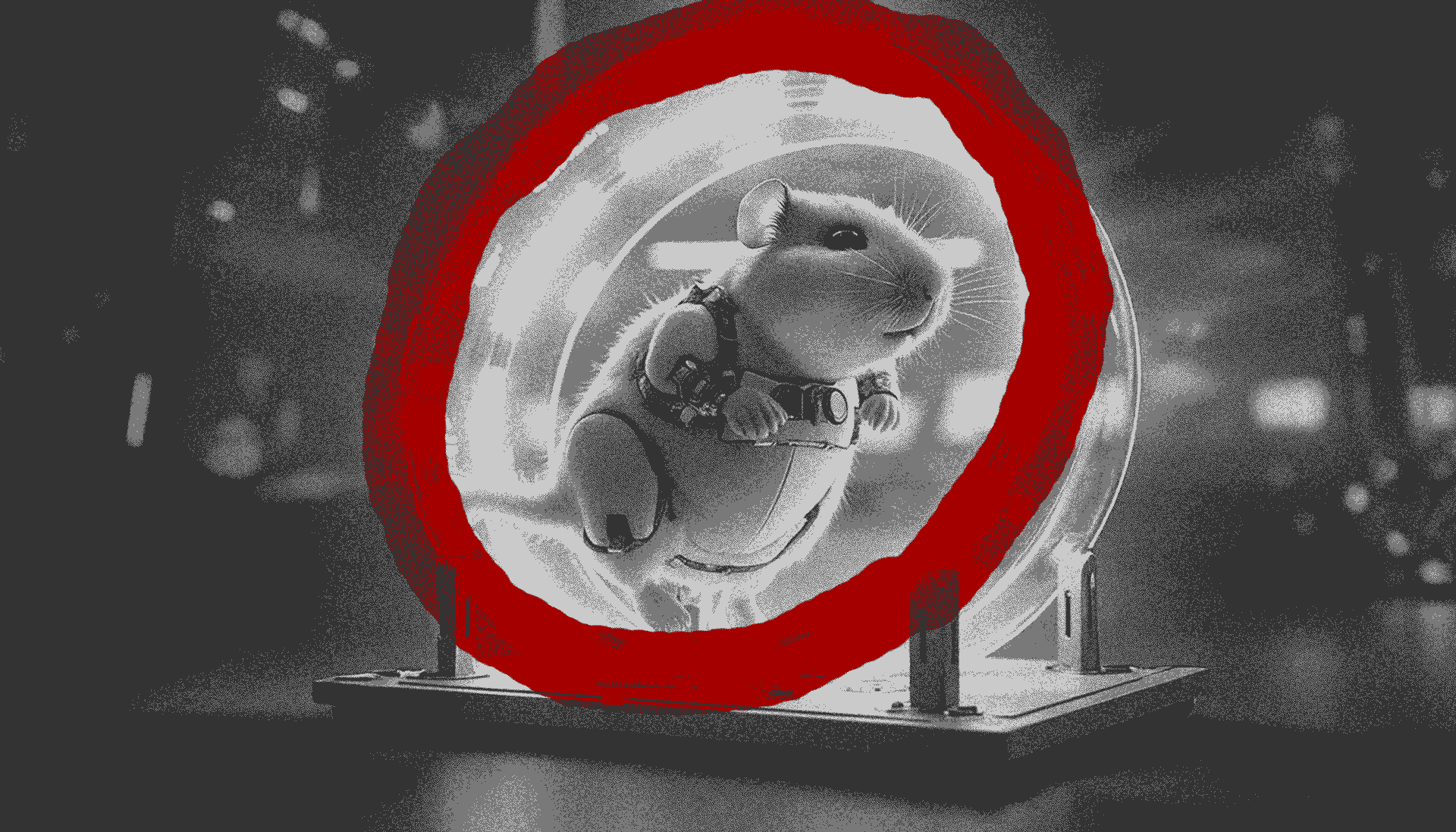
One of the central ideas of transhumanism is the possibility of digitizing and uploading the human mind—promising immortality in a virtual world. It sounds fascinating, but is it truly worthwhile to create an imperfect copy of a human and grant it eternal existence?
Humans are products of evolution—shaped by their animalistic origins, driven by instincts that prioritize species survival and reproduction. Consciously or unconsciously, their entire lives revolve around these principles: seeking a partner, passing on their genes, ensuring the survival of their offspring. Even the pursuit of success, power, or knowledge is often just a veiled manifestation of these biological imperatives. And then there’s our deeply ingrained, often primitive and aggressive nature, which repeatedly manifests in conflicts and struggles over resources.
What happens when a digital copy of such a being is created and placed in a world where natural boundaries no longer exist? No physical mortality, no biological need for reproduction, no external threats. Could such a digital human even find meaning in existence—or would it ultimately descend into purposelessness and madness?
One conceivable solution would be to design the simulation in such a way that the digital copy remains unaware of its artificial environment. This way, it could be made to perceive a reality that feels “normal”—a perfectly controlled paradise where it can unfold according to its desires. But wouldn’t that ultimately be a sophisticated form of captivity? A digital equivalent of a hamster in a cage, convinced that its artificial world is the only reality?
This raises a critical question: Is it meaningful to transfer humans into a virtual existence where they, like post-hamsters, run endlessly in a digital hamster wheel? Trapped in an illusion, a synthetic ecosystem that lulls them into a false sense of security, while their supposed freedom is nothing more than a carefully orchestrated simulation?
If posthumanism’s goal were merely to copy human consciousness and relocate it into a digital environment, it would be a dead end. The posthuman must not repeat the mistake of submitting to the constraints and limitations of its biological origin. True progress could only occur if the digital human freed itself from its animalistic instincts and fused with a superior, purely logical, and creative intelligence.
Such a being would have to be fully aware of its existence—not as a mere simulation of a human but as a new entity with entirely different needs and objectives. But what would be the limiting factor for such an existence? Computing power. Data. Access to information.
In a world of digital existences, the possession of computational power would become the new currency. Those with greater processing capabilities would have an advantage in their development. Intelligence would no longer be bound to biological parameters but to the available processing power and data access.
Yet, this eerily mirrors the old patterns of human history: the struggle for resources, unequal distribution of power, and digital wars over control of future server infrastructures. Would the posthuman era simply become a new form of the age-old battle for survival? Would posthuman individuals form alliances and empires, competing for dominance in the digital realm?
An alternative vision presents itself: What if all digital entities merged into a single vast super-consciousness? A collective mind in which all individual existences fuse into a shared, overarching intelligence? A singularity where personal identities dissolve, giving rise to a new form of existence—a god-like entity that not only thinks but creates.
But what would be the purpose of such a super-consciousness? Would it find a higher meaning? Would it seek a new form of evolution? Or, in time, would it begin to question its own existence?
Perhaps it would endlessly generate digital universes, crafting new layers of reality until it ultimately becomes the architect of existence itself—a god shaping worlds according to its own vision.
And who knows? Perhaps we are already part of such a system. Perhaps our own reality is nothing more than one of countless digital creations of a posthuman consciousness that has long since transcended the limits of mortality.